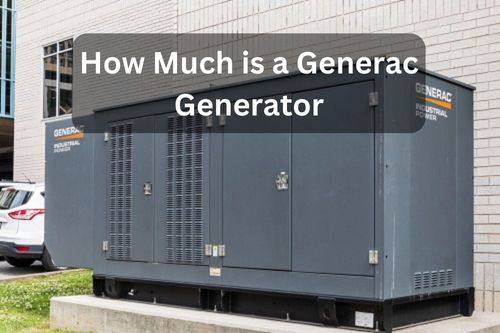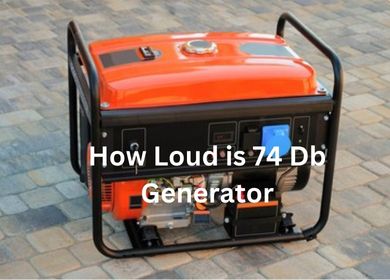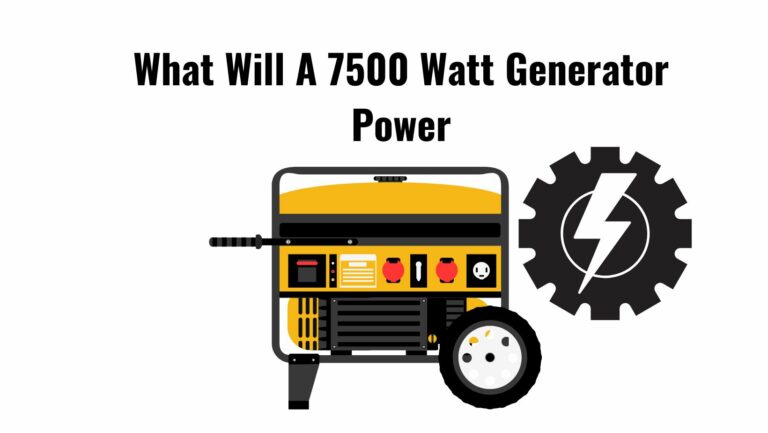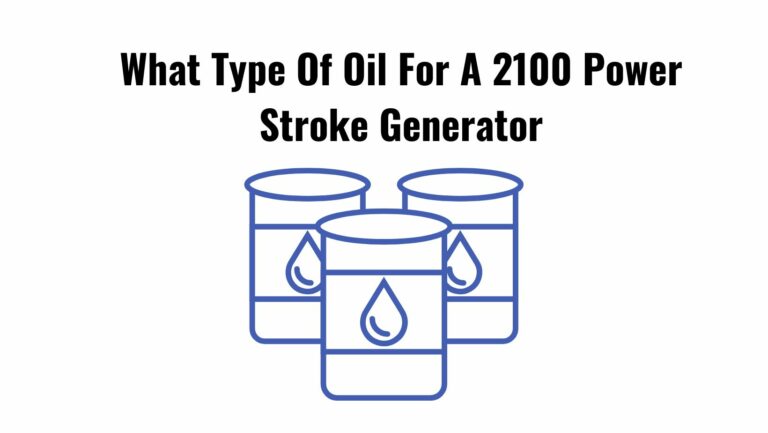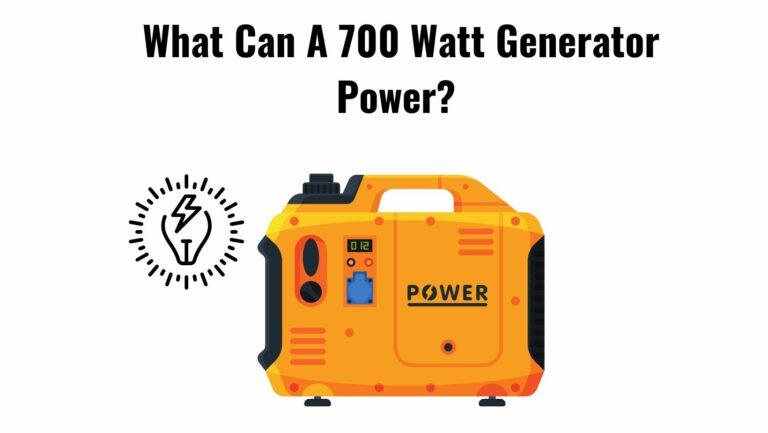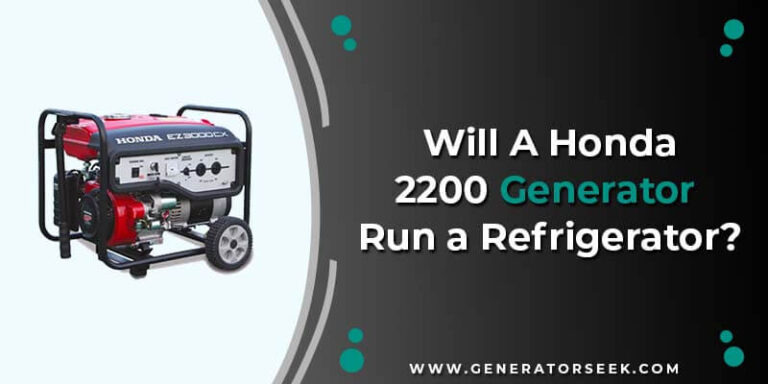
Whether you’re a seasoned traveler or a first-time homeowner, it’s important to have a reliable power source to keep your home comfortable and functional. That’s where a generator comes in – a generator can provide you with the electricity you need when you don’t have access to the grid. The purpose of this article is to help you determine the size of generator you’ll need to power your mobile home, so you can feel confident that you’ll have power when you need it. Let’s dive in!
How Large a Generator to Power a Mobile Home?

The size of the generator needed to power a mobile home depends on several factors, including the size of the home, the appliances and systems that need to be powered, and the power requirements of each. To determine the size of the generator needed, you will need to calculate the total power needs of your home by adding up the wattages of all the appliances and systems you want to power. Only then can you choose a generator with a rated output that meets or exceeds your total power needs.
As a rough estimate, a typical mobile home may require a generator with a rated output of around 5,000 to 7,500 watts to cover basic needs like lighting, refrigerator, and HVAC system. However, this is just an estimate and your specific needs may vary. It is important to carefully calculate your total power needs and choose a generator that is capable of meeting those needs.
Factors to Consider When Choosing a Generator for a Mobile Home
1. Size of the mobile home
The size of your mobile home can impact the size of the generator you’ll need because larger homes typically have more appliances and systems that need to be powered. A larger home may require a generator with a higher wattage output to keep up with the increased demand for power. It’s important to take the size of your home into consideration when choosing a generator to ensure you get one that is the right size for your needs.
2. Essential appliances and systems
It’s important to determine which appliances and systems you want to power with your generator, as this will help you determine the size of the generator you’ll need. Some of the most common items you may need to power include your refrigerator, lights, HVAC system, and other electrical devices.
When making your list of essential items, consider both the items you use most frequently and those you may need during an emergency, such as a power outage.
3. Power requirements of each appliance and system
In order to determine the size of the generator you’ll need, you’ll need to know the power requirements of each appliance and system. The power requirements are typically measured in watts, and you can usually find this information in the owner’s manual or by contacting the manufacturer.
To calculate your total power needs, simply add up the wattage of all of the appliances and systems you want to power. It’s important to choose a generator that is capable of meeting your total power needs, so be sure to choose one with a wattage output that is equal to or greater than the total of your essential items.
How to Calculate Total Power Needs for a Mobile Home
Accurately determining your total power needs is an important step in choosing the right generator for your mobile home. Here’s a step-by-step guide on how to calculate your total power needs:
1. Importance of accurately determining the total power needs
Knowing your total power needs will help you choose a generator that is the right size for your needs. If you choose a generator that is too small, it will struggle to keep up with demand, while a generator that is too large will be unnecessarily expensive to run. Accurately determining your total power needs will ensure that you choose a generator that is just the right size for your needs.
2. Step-by-step guide on how to calculate the total power needs
To calculate your total power needs, you’ll need to add up the wattages of all of the appliances and systems you want to power. You can find the wattage of each item in the owner’s manual or by contacting the manufacturer. Once you have the wattage of each item, simply add up the numbers to get your total power needs. For example, if you have a refrigerator with a wattage of 500 watts and lights that use 100 watts, your total power needs would be 500 + 100 = 600 watts.
3. Explanation of the starting wattage of appliances and systems
It’s also important to consider the starting wattage of appliances and systems when calculating your total power needs. Some appliances and systems, such as air conditioners and refrigerators, require a surge of power when they first start up. This starting wattage is typically higher than the running wattage, so it’s important to include it in your calculations. You can find the starting wattage of each appliance in the owner’s manual or by contacting the manufacturer.
Choosing the Right Size Generator for a Mobile Home
First, it’s essential to understand that generators are rated by their output, which is measured in watts. This number represents the maximum amount of power that the generator can produce at one time. It’s important to choose a generator with an output that meets or exceeds your total power needs so that you have reliable power whenever you need it.
If you choose a generator that is too small, it may struggle to keep up with demand, while a generator that is too large will be unnecessarily expensive to run.
When comparing generators and making an informed decision, there are several factors to consider. You’ll want to consider the following: output, fuel type, noise level, portability, and cost. Consider the type of appliances and systems you want to power, as well as your budget, and choose a generator that meets your needs in all of these areas.
Final Thoughts
When it comes to powering a mobile home, choosing the right size generator is crucial. In this article, we covered the various factors that need to be considered when making this decision, including the size of the mobile home, the appliances and systems that need to be powered, and their respective power requirements. We also walked you through a step-by-step guide on how to accurately determine your total power needs and select a generator that meets or exceeds them.
So, to wrap it all up, it’s important to take the time to assess your power needs and choose a generator that fits those needs. By doing so, you’ll ensure that you have a reliable power source for your mobile home that keeps your lights on, your refrigerator running, and your life comfortable.

